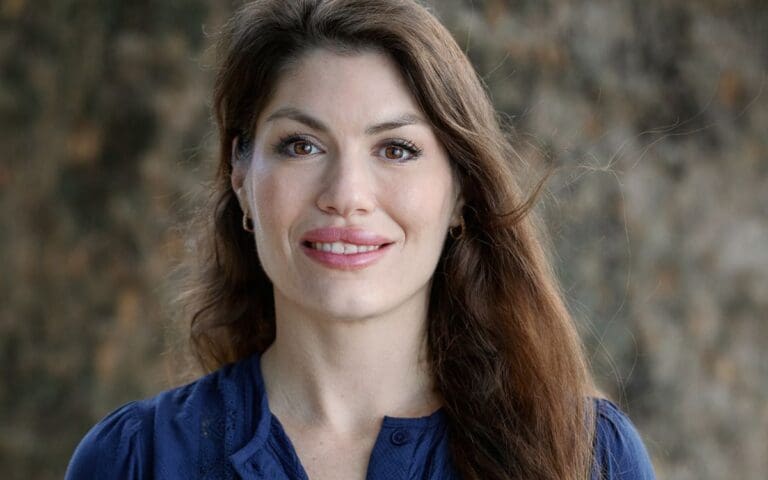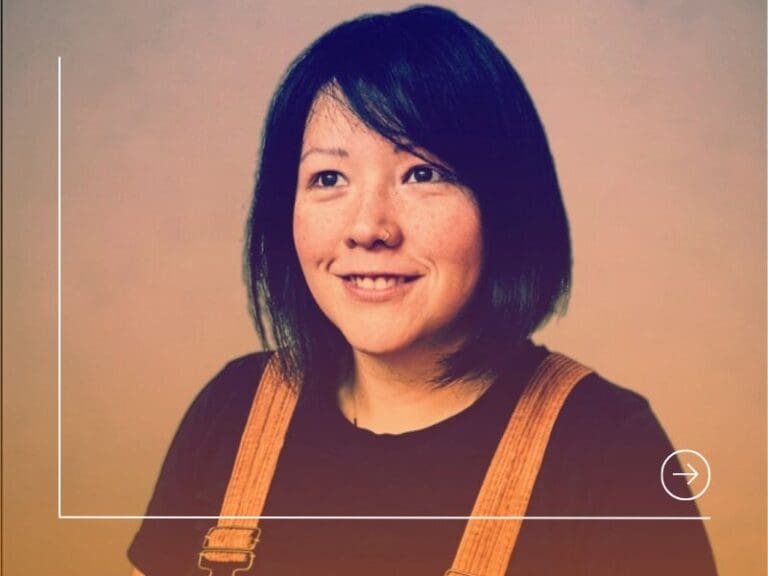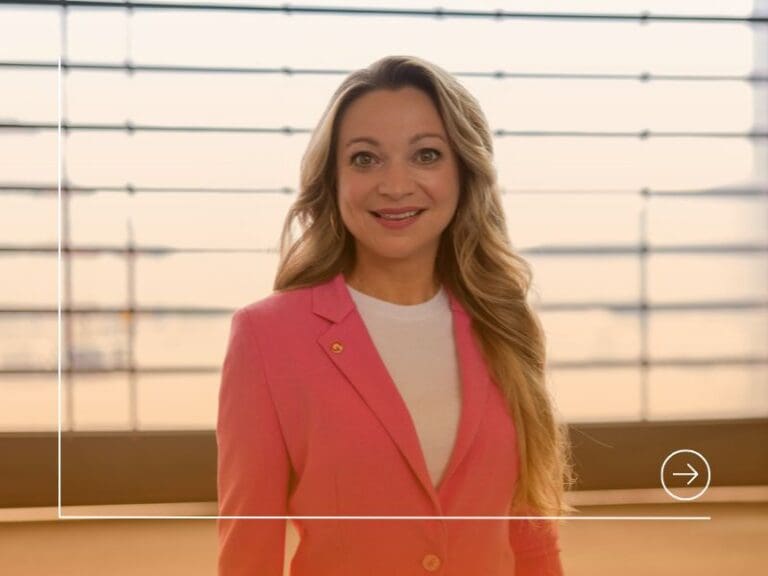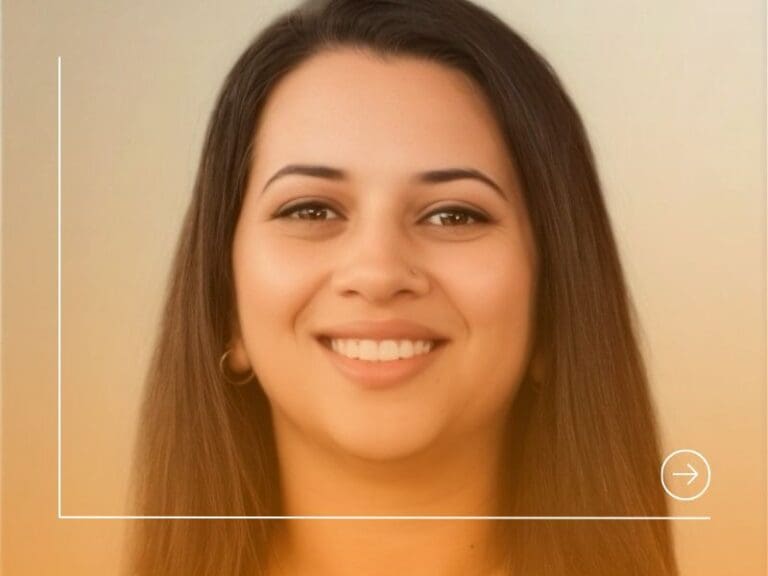Ildiko Almasi Simsic is a seasoned social development specialist renowned for her 15-year journey working with esteemed financial institutions such as IFC, World Bank, EBRD and AIIB.
With unparalleled expertise in social impact management and assessment, resettlement, labour and supply chain management, Ildiko’s voice resonates as a driving force in the realms of social safeguards. She has steered high-risk, complex projects across five continents, spanning diverse sectors, including energy, mining, transportation, waste management, water and sanitation, education, healthcare, financial intermediaries, agriculture, and infrastructure development.
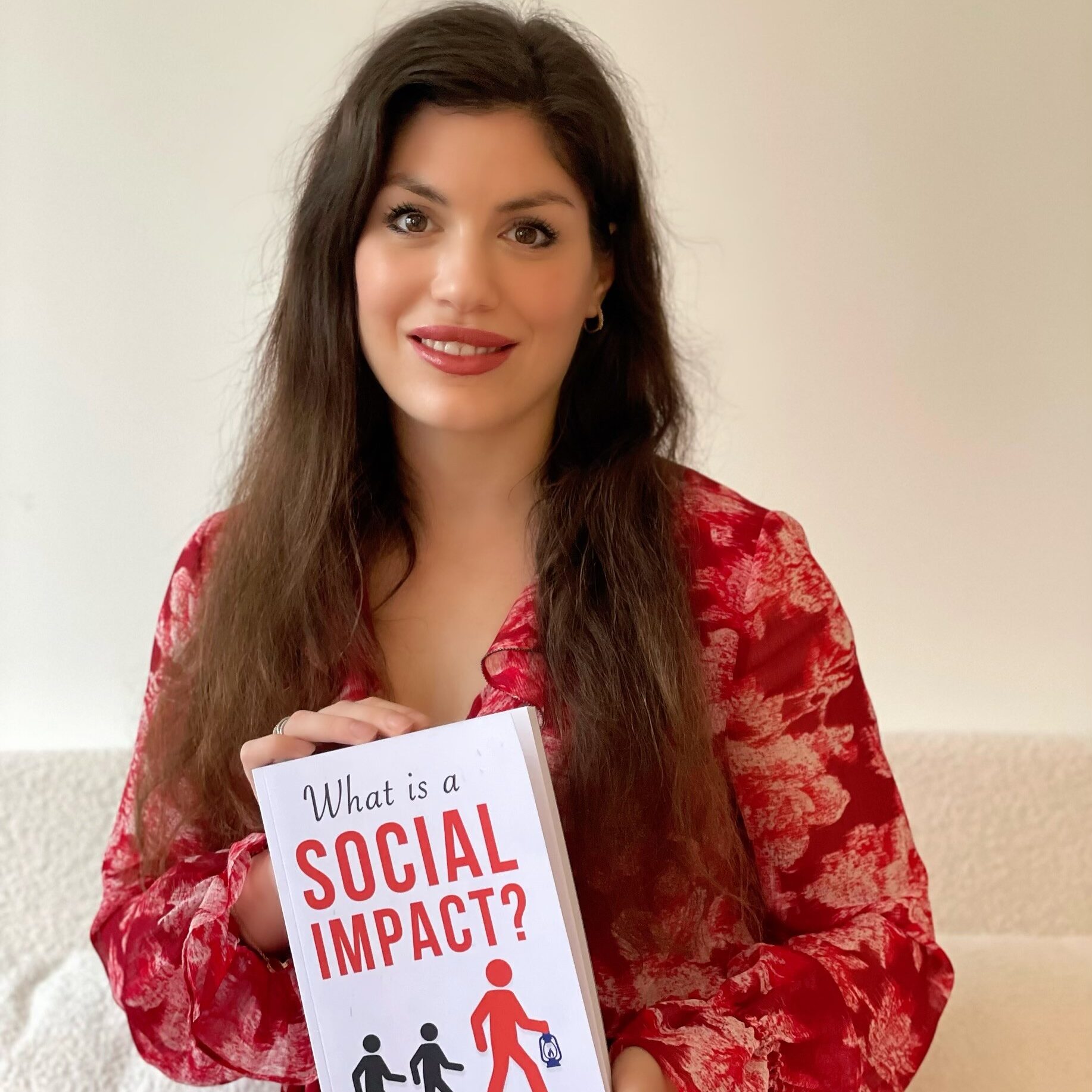
She is the author of the award-winning book ‘What is a Social Impact?’, and her writing has been featured in many publications including Forbes, Fast Company and Maddyness.
In 2024 she founded E&S Solutions with a mission to leverage modern AI technology to enable environmental and social performance practitioners to work more efficiently and deliver more impact. The company’s first product, myESRA, is the world’s first AI-powered research assistant designed specifically for E&S work. It delivers fully cited, reliable answers for environmental and social technical experts and analysts.
How did you land your current role? Was it planned?
It was not planned at all. My background is in social research, and I have spent the last 15 years working as a social development specialist. The only technology I used was Stata and a few other statistical software packages. Over the last few years, I have seen how technology has evolved in other industries and I started to wonder if and how these innovations could be adapted to my industry. I happened to be in the right spot at the right time and met people with a background in technology, more specifically in LLM and machine learning, the technology we ended up using for my product. The transition was a real challenge, because I had little prior exposure to the inner workings of the tech industry, and I had to learn really quickly. I also had to step into the Founder role – which as most people will tell you, is a wild ride! I was very open to challenging myself in new ways, however, and approached this all as a learning experience.
What was your role in your previous industry and how did you decide to redirect your career to tech?
In my previous industry, I was a subject matter expert that worked on various investments to make sure that the development mandate of development banks was translated into tangible activities on the project site. For example, large-scale resettlement because of infrastructure or energy projects. I wanted to make a difference and the easiest way seemed to be working directly on projects that have significant impact on people’s lives.
The main issue 15 years ago, when I started working, was the poor availability of data and questionable data quality. As the world progressed and the internet made things more available to us, we started facing a different set of problems: large amounts of decentralised data in different languages. I thought that these were great problems to have, except we didn’t have the time or the awareness of the available data, which made us miss information. When I was talking to friends about my dreams, I often mentioned a research assistant that could pull out relevant data, in a language I speak, so I didn’t have to waste time looking for it. I wanted to be more empowered to focus on using my key skill: interpreting the data and designing programs that address adverse social impacts of projects. I felt that I was wasting time and potential on searching for documents and locating information within those documents. As a curious problem solver, I was intrigued to discover technology that works for my industry. I experimented with existing applications and services for data, research and data visualisation and while they worked for other industries, they didn’t quite nail it for my purposes.
The big leap came when I decided to invest in a prototype, and it worked! That initial model that was built in three weeks saved me hours every week! I cleverly used my existing projects as part of the training data set, so I could test the model in a real scenario. I had no doubt that I wanted to develop the full commercial application. I was lucky enough to find a great team to support this dream and who were willing to learn about my industry. In exchange, I did a deep dive into the tech world so we could meet halfway and deliver incredible solutions tailored to the E&S industry.
What are you most proud of in your career, so far?
I am very proud of several projects globally where I feel I made a positive contribution to people’s lives. I have travelled extensively and there are stories and people that stay with me forever. For example, the young Ugandan mother who was affected by resettlement due to a hydropower project. We sat outside her new house to talk about the impact the project had had on her life. She told me how grateful she was that they finally had a kitchen and a borehole and that her children were taken to school by the school bus. She said she understood that the whole family had benefitted a lot from the resettlement, but that she missed her family as she now lives further away from them. I remember that we were the same age, and it gave me perspective on my own issues in life. It also made me quite proud that I was able to contribute to the life of hundreds of people in a positive and meaningful way!
If I think of my role in E&S Solutions, I am very proud that we managed to launch during the International Association for Impact Assessment’s Annual Conference in Dublin in April 2024. There are always matters to deal with, and you have to wear many hats as a founder of a company. A lot depends on my decisions and the responsibility can feel heavy at times. I am grateful that I developed the grit to bounce back from the numerous setbacks and hiccups that we encountered since we started developing myESRA. I am also very proud that myESRA got such positive feedback from the practitioner community. I feel that we managed to strike a good balance between innovation, transparency, ethical use of AI and technology. There is great interest in the project from leading institutions and global consulting companies who will adopt the tool and integrate it into their workflows.
What does an average workday look like for you?
It is not very glamourous! I sit in front of my screen! I have a consulting business where I am actively involved in numerous projects globally as a social specialist. I also write for publications on social impact and technology. But the bulk of my day is spent running E&S Solutions. We are still a small startup, so I take on several roles. In addition to the business-as-usual aspects, I’m also invited to speak about myESRA with prospective clients and onboard large institutional clients at the same time. My to-do list seems endless most days, but I am mindful of my work-life balance and tend to finish work on time. My mantra is: work smarter not harder!
Are there any specific skills or traits that you believe are necessary for someone to make it as a tech startup founder?
I am at the beginning of this journey – just crossed the first hurdles, so I get inspired by other, more seasoned founders and CEOs. I definitely think discipline, grit and good habits are a significant factor in achieving targets for the company. I acquired these skills and mindset from doing sports and working out. I learnt to show up day after day, regardless of how I’m feeling or what going on in the world around me. It is great to have ideas, but it is the implementation of the ideas that makes or breaks the business. Being self-aware and humble enough to accept other people’s opinions are key. I often get challenged when I speak about AI, but I always take this as an opportunity to take a peek into the thought processes of various users and potential clients.
Have you ever faced insecurities and anxieties during your career, and how did you overcome them?
Yes, all the time. In the social safeguarding industry, your value as an expert is measured by the number of years of experience you have. By default, that used to put me in the less desirable category when I was younger. I used to be very insecure about my value as an expert and the adequacy of my skillset. We didn’t really have formal learning opportunities 15 years ago, so I had to learn on the job. When I was part of an institution it was easier to ‘compare’ myself to others, but when I was working as a consultant, I had no visibility on how I measure up against my peers. I was never shy to take opportunities and I trusted my ability to pick up the skills that I need fast. Being more experienced and learning from challenging situations, definitely helped me overcome insecurities and anxieties I had early on in my career.
In the tech industry, I have a very obvious limitation: I am not a technology expert. I am a subject matter expert in another industry who understands enough about technology to be able to hire the right people who develop the inventions I come up with. Being aware of the limitations frees me from feeling like an impostor. I am committed and frankly quite interested to learn more about the workings of machine learning, LLMs and the other applications we use, but I acknowledge that I have a long way to catch up with my technology team.
Entering the world of work can be daunting. Do you have any words of advice for anyone feeling overwhelmed?
Just go for it! Whether it is a new job, a promotion, a development opportunity, or a career change, don’t wait. When you start applying for jobs, be ready to take rejections but don’t take them personally. Be open to opportunities you can’t even imagine at the moment, because the right job might come from an unexpected place. It can be discouraging when only short-term consulting opportunities are available but even those can lead to a lifelong career. I started on a 3-month internship and ended up working for a bank for years after.


